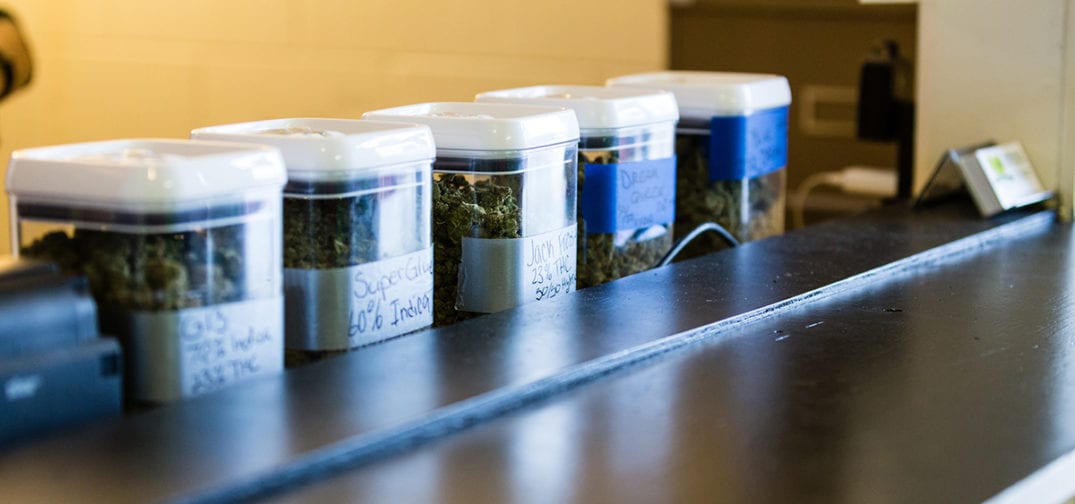A study by the Elson S. Floyd College of Medicine at Washington State University has uncovered economic disparities in the distribution of cannabis producers, processors, and retailers throughout the state. Relying on Washington State Liquor and Cannabis Board (WSLCB) data and Census Bureau data collected between 2014 and 2017, the study found that lower socioeconomic neighborhoods had a 159% higher density of producers, a 120% higher processor density and a 259% higher cannabis retail store density when compared to more “affluent neighborhoods.”
“Our mission at the Elson S. Floyd College of Medicine is to understand challenges facing rural and underserved communities, and this study shows that disadvantaged communities in Washington have disproportionate numbers of cannabis businesses,” said Solmaz Amiri, a postdoctoral research associate in the department of nutrition and exercise physiology and one of the authors of the study. “Having this insight is an important step toward better understanding how cannabis businesses can impact the health of individuals and communities.”
Although the exact causes for the uneven distribution are beyond the study’s scope, researchers point to generally lower resistance to these types of businesses in poorer neighborhoods and lower real estate costs. Others point to Washington’s proximity laws, which insist cannabis businesses must be one thousand feet from schools, playgrounds, and youth centers.
“States, local authorities, and policy makers have started developing regulations for the cannabis industry without knowing the public and health impacts of such regulations. We need to understand the specific needs and challenges of communities impacted by the legalization of cannabis, such as if legalization is increasing consumption and the impact of legalization on neighborhoods and crime.” — Amri, via WSU Insider
Get daily cannabis business news updates. Subscribe
End
